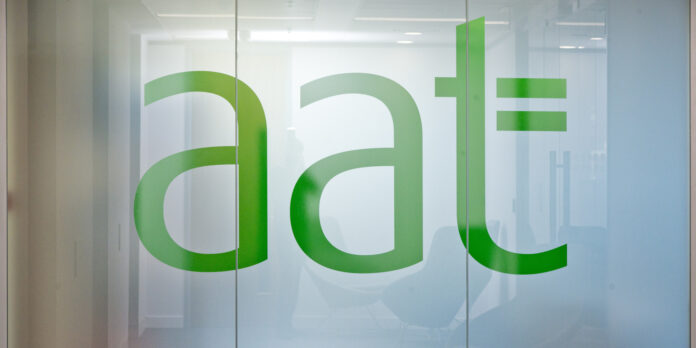The new £100 million Economic Crime Levy will burden accountants and their clients with ‘unacceptable’ fees, says the AAT.
The UK government is proposing to raise around £100 million a year from organisations regulated for Anti-Money Laundering (AML) purposes – this includes accountants, tax advisers, insolvency practitioners, solicitors, and conveyancers.
This new levy is in addition to AML fees already paid by 22 professional bodies to the Office for Professional Body Anti-Money Laundering Supervision (OPBAS), which was established in 2018.
AAT has stressed its support for tackling money laundering and economic crime. But opposes the idea of an annual £100m levy. IT is worried that there appears to be considerable disagreement about how best to collect the levy. Most professional bodies believe the best way to do this is through a single public agent – such as HMRC or OPBAS. However, the government appears to favour imposing responsibility for collection on the professional bodies.
Phil Hall, Head of Public Affairs & Public Policy, AAT, said: “An additional £100m of costs is simply unacceptable in the current climate, which sees businesses large and small having to contend with both the effects of the pandemic and Brexit.
“There is also a disturbing lack of clarity from the Government about how it would calculate and collect such a levy fairly and reasonably, making this highly contentious and, AAT would argue, grossly unfair.”




